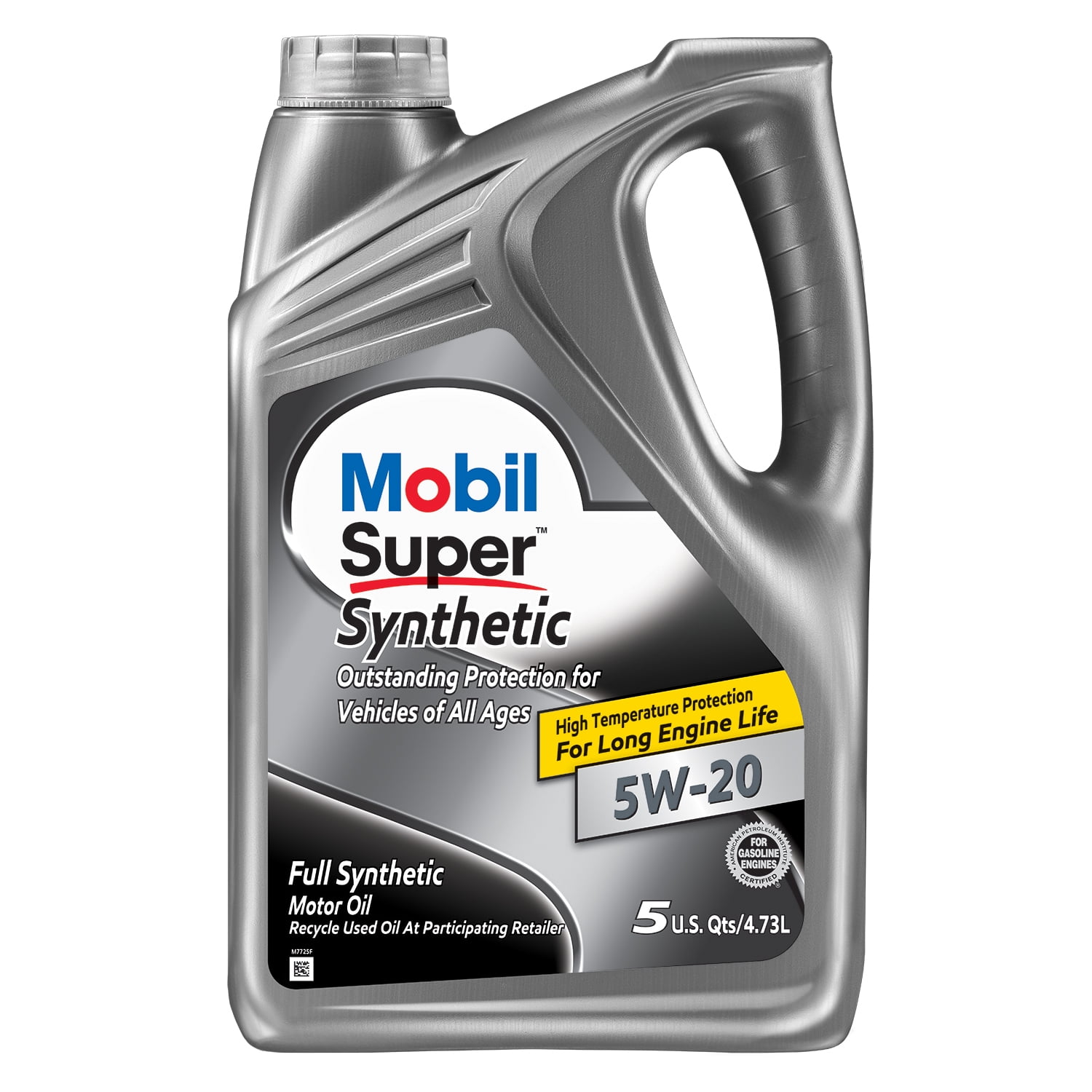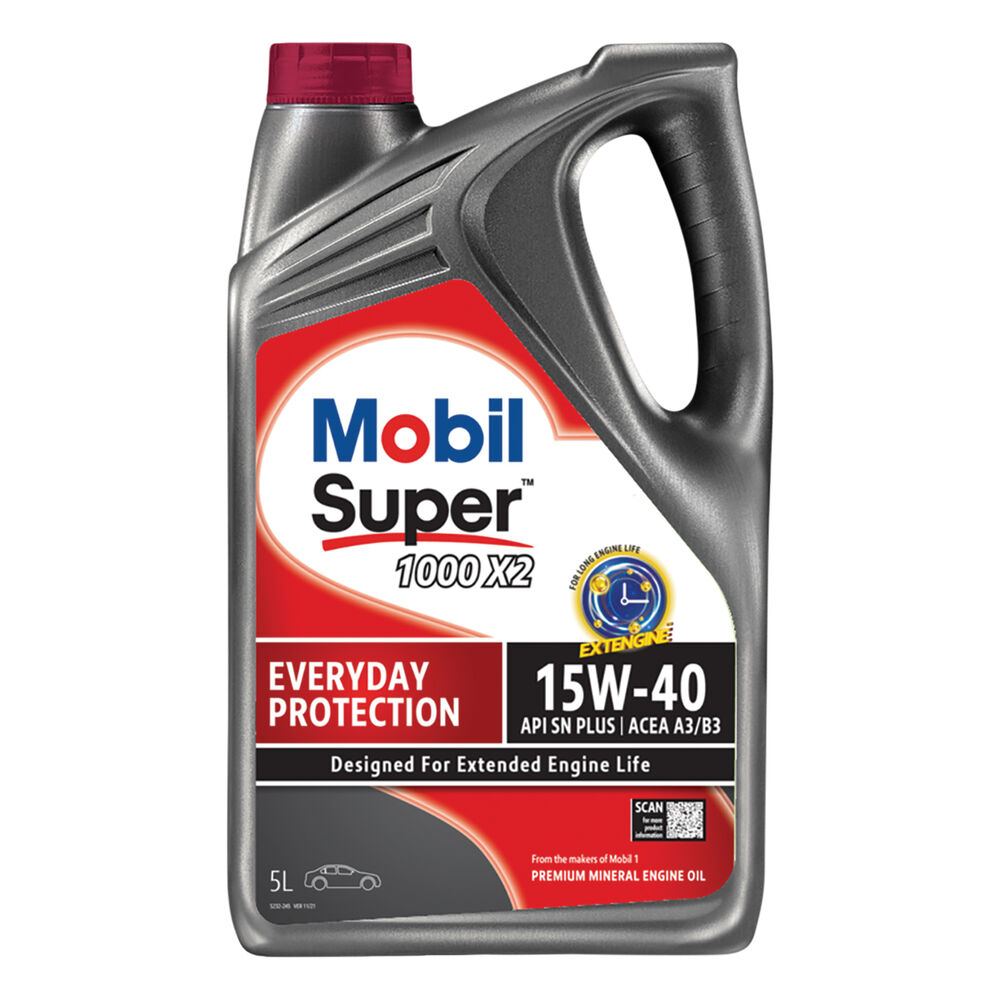Synthetic Oil
Synthetic Oil: Revolutionizing Engine Performance
Synthetic oil is a lubricant that is artificially synthesized or modified from chemical compounds. It is used as a substitute for petroleum-refined oils when operating in extreme temperatures. In this article, we will discuss the different types of synthetic oil, their advantages and disadvantages, how to choose the right synthetic oil, and much more.
What is Synthetic Oil?
Synthetic oil is a lubricant consisting of chemical compounds that are artificially modified or synthesized. Synthetic lubricants can be manufactured using chemically modified petroleum components rather than whole crude oil, but can also be synthesized from other raw materials. The actual synthesis process and composition of additives is generally a commercial trade secret and will vary among producers.
Types of Synthetic Oil
There are three main types of synthetic oil: Group III, Group IV, and Group V. Group III synthetic oils are made from chemically modified petroleum components and are the most common type of synthetic oil. Group IV synthetic oils are made from poly-alpha-olefin (PAO) and are 100% synthetic. Group V synthetic oils are made from other types of oil, such as esters.
Advantages of Synthetic Oil
Synthetic oil has several advantages over conventional oil. It provides better engine protection, improves fuel efficiency, and lasts longer than conventional oil. Synthetic oil also performs better in extreme temperatures and reduces engine wear and tear.
Disadvantages of Synthetic Oil
Synthetic oil is more expensive than conventional oil and may not be compatible with older engines. It can also cause leaks in older engines that have worn seals.
How to Choose the Right Synthetic Oil
When choosing the right synthetic oil, consider the viscosity grade, performance specifications, and the type of synthetic oil. Check your vehicle owner’s manual for the recommended viscosity grade and performance specifications. Also, consider the type of synthetic oil that is best suited for your vehicle.
Synthetic Oil vs. Conventional Oil
Synthetic oil is superior to conventional oil in terms of engine protection, fuel efficiency, and longevity. Synthetic oil also performs better in extreme temperatures and reduces engine wear and tear. Conventional oil is cheaper than synthetic oil and is compatible with older engines.
Synthetic Oil Change Intervals
Synthetic oil lasts longer than conventional oil and can go up to 15,000 miles between oil changes. However, it is recommended to change synthetic oil every 7,500 miles to ensure optimal engine performance.
Synthetic Oil Myths
There are several myths surrounding synthetic oil. One of the most common myths is that synthetic oil causes engine leaks. This is not true. Synthetic oil is not the cause of engine leaks, but it can expose worn seals that were previously hidden by conventional oil.
FAQs
- What is synthetic oil?
- What are the types of synthetic oil?
- What are the advantages of synthetic oil?
- What are the disadvantages of synthetic oil?
- How often should I change synthetic oil?
In the ever-evolving world of automotive care, one term that frequently surfaces is "synthetic oil." But what exactly is synthetic oil, and why has it gained so much attention in recent years?
What is Synthetic Oil?
Synthetic oil is a specially engineered lubricant designed to offer superior protection and performance for modern engines. Unlike conventional oils, synthetic oils are created in a laboratory setting, allowing for precise control over the molecular structure.
Benefits of Synthetic Oil
Improved Engine Performance
One of the key advantages of synthetic oil is its ability to provide enhanced engine performance.
Enhanced Fuel Efficiency
In addition to better performance, synthetic oil often contributes to improved fuel efficiency, benefiting both your vehicle and the environment.
Myths and Facts
Myth: Synthetic Oil is Too Expensive
A common misconception is that synthetic oil is too costly, but the long-term savings often outweigh the initial investment.
Fact: Long-Term Cost Savings
Synthetic oil's longevity and protection can lead to fewer engine issues and repairs, saving money over time.
Choosing the Right Synthetic Oil
Understanding Viscosity
Choosing the right viscosity is crucial for ensuring optimal engine protection and performance.
Compatibility with Vehicle Specifications
It's essential to select synthetic oil that aligns with your vehicle's specifications for optimal results.
Environmental Impact
Reduced Emissions
Synthetic oil can contribute to reduced emissions, making it a more environmentally friendly choice.
Sustainable Production Practices
Many synthetic oil manufacturers are adopting sustainable production practices, further minimizing their environmental footprint.
Common Misconceptions
Synthetic Oil is Only for High-Performance Cars
Contrary to popular belief, synthetic oil benefits a wide range of vehicles, not just high-performance ones.
Compatibility Issues with Older Vehicles
Synthetic oil can be safely used in older vehicles, providing improved protection and performance.
Synthetic vs. Conventional Oil
Key Differences
Understanding the distinctions between synthetic and conventional oil is vital for making an informed choice.
When to Switch to Synthetic Oil
Knowing when to make the switch to synthetic oil can optimize engine health and longevity.
How to Change Synthetic Oil
DIY Tips
For those inclined towards DIY maintenance, changing synthetic oil can be a straightforward process.
Professional Services
Professional services ensure the proper disposal of used oil and adherence to manufacturer guidelines.
Extended Oil Change Intervals
Understanding Manufacturer Recommendations
Following manufacturer recommendations for oil change intervals is crucial for maintaining warranty coverage.
Benefits and Risks
While extended intervals offer convenience, understanding the potential risks is essential.
Synthetic Oil and Extreme Temperatures
Cold Weather Performance
Synthetic oil excels in cold weather, ensuring smooth engine starts even in frigid conditions.
High-Temperature Stability
The stability of synthetic oil in high temperatures prevents engine damage during extreme heat.
Customer Testimonials
Real-Life Experiences
Hearing from vehicle owners who have experienced the benefits of synthetic oil firsthand provides valuable insights.
Positive Impacts on Vehicles
Customers often report improved engine performance, smoother rides, and fewer maintenance issues.
Synthetic Oil in Racing and Motorsports
Performance Advantages
Many professional racing teams and motorsports enthusiasts choose synthetic oil for its performance advantages.
Popular Brands in Motorsports
Exploring the preferred synthetic oil brands in the competitive world of racing.
Synthetic Oil in Hybrid and Electric Vehicles
Unique Requirements
Hybrid and electric vehicles have specific lubrication needs, making synthetic oil a suitable choice.
Increasing Popularity
As hybrid and electric vehicles become more prevalent, so does the use of synthetic oil in these platforms.
Future Innovations in Synthetic Oil
Emerging Technologies
What does the future hold for synthetic oil? Explore the latest technologies shaping the next generation of lubricants.
Environmental Considerations
The ongoing efforts to make synthetic oil production even more eco-friendly.
Conclusion
In conclusion, synthetic oil has revolutionized the way we care for our vehicles, providing superior protection, improved performance, and environmental benefits. Understanding the nuances between synthetic and conventional oil is essential for making informed choices that align with your vehicle's needs.
FAQs
- Is synthetic oil suitable for all types of vehicles?
- Synthetic oil is suitable for a wide range of vehicles, not limited to high-performance or new models.
- Can I switch to synthetic oil in an older vehicle?
- Yes, switching to synthetic oil in an older vehicle can enhance protection and performance.
- How often should I change synthetic oil?
- Follow the manufacturer's recommendations for oil change intervals to maintain optimal engine health.
- Does synthetic oil really improve fuel efficiency?
- Yes, synthetic oil's properties can contribute to enhanced fuel efficiency.
- Are there any environmental benefits to using synthetic oil?
- Yes, synthetic oil can help reduce emissions and often involves sustainable production practices.





Comments
Post a Comment